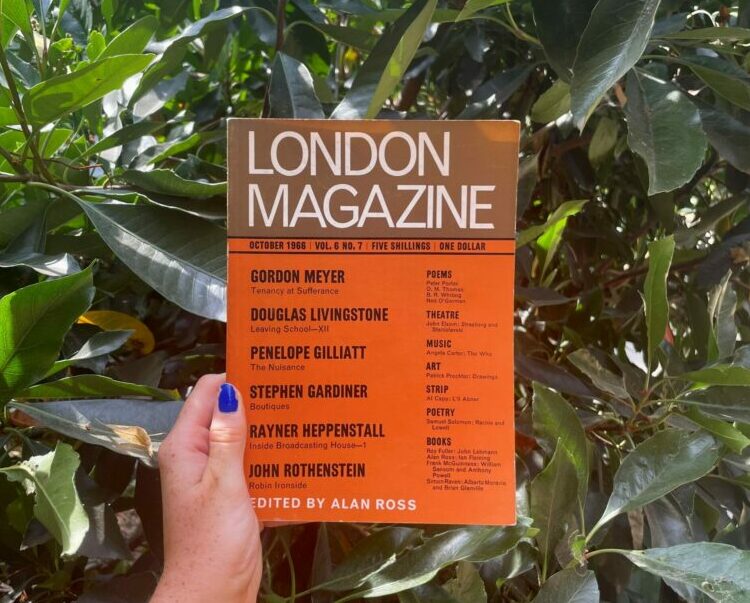Reggae legend Burning Spear rolls back the years — review
The atmosphere was electric, the horns soared and there was the same soul-shaking bass that pushed inexorably forward like an ocean current. Even the haze of smoke and sweat was much the same as I remembered it the last time I heard Winston Rodney, better known as Burning Spear, sing in London with all his mystic grandeur, 36 years ago at the Town & Country Club.
It has been a sad two years for lovers of classic reggae. Pioneers such as Bunny Wailer, Lee “Scratch” Perry and U-Roy have passed away. Few of the original artists from the golden era of reggae music are still performing. So, after a two-decade performing absence, it was a thrill to see Burning Spear back on stage, on the London leg of an “appreciation tour” through Europe and the US. Rodney was still in command, still stately, still clear-voiced and mellifluous, and with a spirit undimmed at the age of 77. What a momentous return, on the 60th anniversary of Jamaican independence and on a heatwave-struck London night that was, fittingly, as hot as Kingston. What sweetness. What fire!
Rodney got his start in the 1960s when Bob Marley, who was from the same town of Saint Ann’s Bay, told the budding musician to try his luck at Kingston’s iconic recording studio, Studio One. Burning Spear recorded there for the next decade before hooking up with producer Jack Ruby, who helped his group achieve breakthrough success with the 1975 classic album, Marcus Garvey. Garlanded with Grammy awards, Burning Spear has been spreading the gospel of Rastafari ever since, consistently mining a deeper, darker and dreader seam than his fellows, and with a hypnotic voice that has a sound both for and of the ages.
The audience for this show was a multigenerational rainbow crowd of elderly Rastafarians, fiftysomething white men with thinning hair, and a legion of younger followers of mixed ethnicities. It was joyous and variegated in the way London can be today but was not when Rodney first played London at the Rainbow Theatre in 1977. The city has changed since those more race-riven times.
Supported by reggae stalwarts Horace Andy and Johnny Clarke, and with his tight, eight-piece Burning Band, who wove in jazzy inflections and funky guitar solos, Rodney’s performance fluctuated between wailing laments and righteous sermons that admonished in an avuncular tone to live a righteous life. Sometimes, after standing motionless like Mount Rushmore, he would call out: “Talk to me people,” and the place would erupt. Towards the end, extended renditions of roots classics “Marcus Garvey” and “Slavery Days” brought roars from the sweat-soaked crowd. Rodney seemed oblivious to the heat. Attired in a natty tweed waistcoat, he barely seemed to break sweat as he hot-stepped and hard-slapped bongo solos.
“African Postman” rounded out the set, and Rodney stood stock still while he addressed the bobbing audience with the simple words: “Take care.” It was a majestic performance that took the crowd on a journey through musical space and time.
John Paul Rathbone is the defence and security correspondent of the Financial Times.

